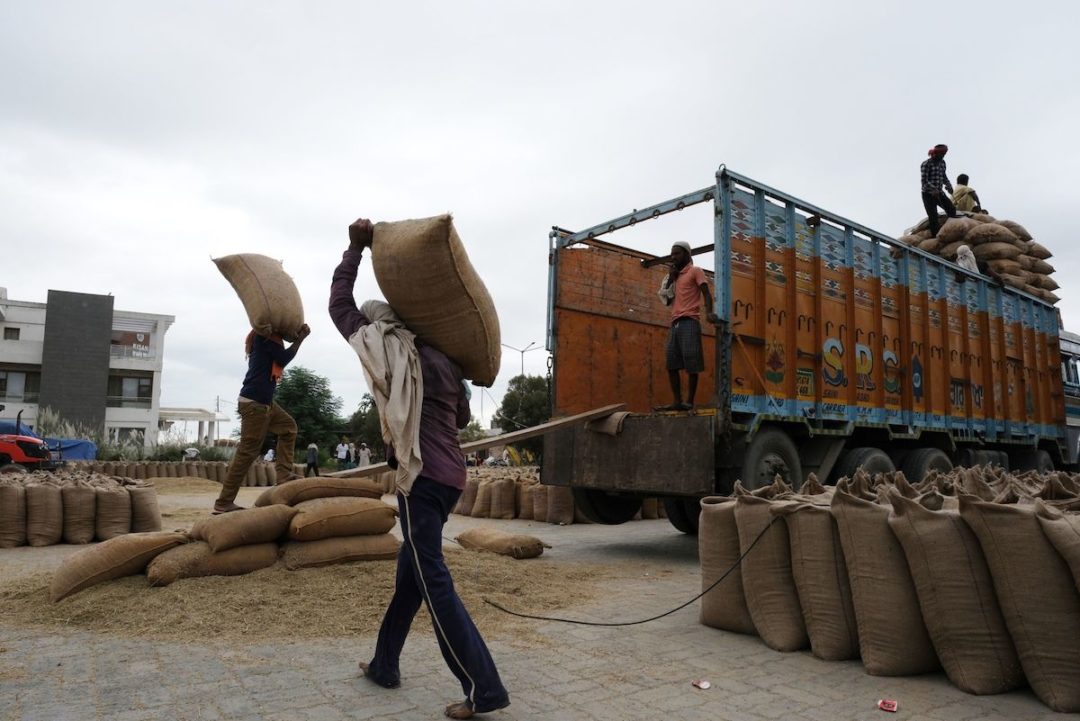
Home » India Rice Export Ban Is Fueling Risk of Social Unrest, UN Says
India Rice Export Ban Is Fueling Risk of Social Unrest, UN Says

September 25, 2023
India’s rice export ban is boosting prices around the world, increasing the risk of political instability in Asia and Africa, according to the head of a United Nations agency.
Prices of the crop, a staple for half the world, surged to the highest levels in almost 15 years after the planet's top shipper began curbing exports. India accounted for nearly 40% of the global rice trade since 2020. Soaring prices are fueling concerns about food insecurity for billions of people in Asia and Africa who depend on the grain.
“Rice, especially in Africa, can certainly bring potential conflict or social unrest, which at this moment in time would be quite dangerous,” Alvaro Lario, who leads the International Fund for Agricultural Development, said during a September 21 interview in New York.
The export ban is bringing back memories of 2008, when a global rice crisis put 100 million people at risk, many in sub-Saharan Africa. Back then, both Vietnam and India restricted exports. Food shortages have also contributed to unrest in the past, with surging wheat prices helping spark the Arab Spring that toppled governments just over a decade ago.
Read more: India Exempts Some Nations from Rice Curbs for Food Security
The impacts of bans “go beyond the borders of the countries” implementing such measures, Lario said. Rice is the “main concern” for food security — even more so than wheat, he said.
“Export bans have a lot of impact, especially on the most vulnerable, by raising prices and having a shock on prices,” he said. “Generally, they are not positive, neither for the local populations in the medium term nor for the other countries.”
Some regions in Africa that are more reliant on rice imports are already seeing impacts from higher prices, Lario said.
“We have to understand that many of these people who consume this type of crop are sometimes on the brink of poverty,” he said.
RELATED CONTENT
RELATED VIDEOS
Subscribe to our Daily Newsletter!
Timely, incisive articles delivered directly to your inbox.
Popular Stories
Case Studies
-
JLL Finds Perfect Warehouse Location, Leading to $15M Grant for Startup
-
Robots Speed Fulfillment to Help Apparel Company Scale for Growth
-
New Revenue for Cloud-Based TMS that Embeds Orderful’s Modern EDI Platform
-
Convenience Store Client Maximizes Profit and Improves Customer Service
-
A Digitally Native Footwear Brand Finds Rapid Fulfillment




